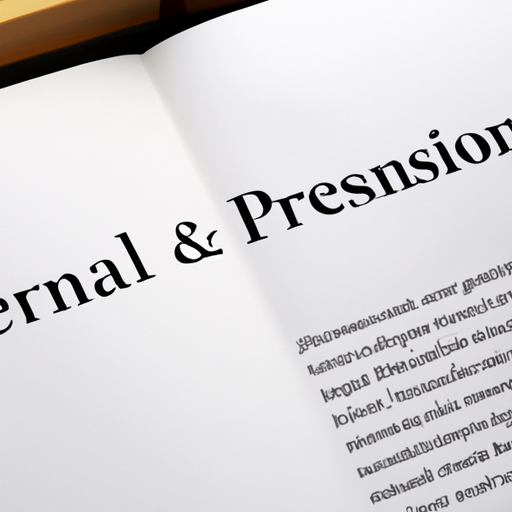Understanding the Basics of Personal Finance

Understanding the Basics of Personal Finance
Managing your finances can feel overwhelming, but it doesn’t have to be. Fundamental knowledge of personal finance can help you make informed, prudent decisions and create a solid plan for your future. Let us begin by understanding what personal finance means.
Personal finance pertains to all the financial decisions an individual or a family has to make in order to budget, save, and spend money over time, considering various financial risks and future life events. But how do we navigate this complex subject? Here are some fundamental areas of personal finance you need to understand:
Saving
One fundamental principle of personal finance is ‘Pay Yourself First.’ This means setting aside a portion of your income towards savings before earmarking funds for other expenses. Financial experts often suggest saving at least 20% of your income, but the exact amount depends on your personal circumstances and goals.
Budgeting
A budget is an estimation of revenue and expenses over a specified future period of time and is usually compiled and re-evaluated periodically. A budget can be made for a person, family, group of people, business, government, country, multinational organization, or anything else that makes and spends money. The process begins by setting financial goals, both short-term and long-term and then creating a plan to achieve them.
Investing
Investing is the process of buying assets that you believe have the potential to generate income or profit. This can be in the form of stocks, bonds, mutual funds, real estate, or small businesses. The purpose of investing is to grow your wealth over time. Note that all investments come with some level of risk, so it’s important to adopt an investment strategy that aligns with your risk tolerance and financial goals.
Debt
Most people have some level of debt – be it student loans, a mortgage, or credit card balances. Understanding how to manage your debt is an important aspect of personal finance. This includes knowing the terms of your debt, managing payments, and understanding how to prioritize repayments if you have multiple forms of debt.
Insurance
Insurance operates by pooling risk among a large group of people. It is a contract in which an individual or entity receives financial protection or reimbursement against losses from an insurance company. It protects you financially in the event of unforeseen disasters or illnesses.
Tax Planning
Equally important in personal finance is planning for and preparing your tax returns. Understanding the tax implications of your financial decisions can save you money and potential headaches in the long run.
Retirement Planning
Preparing for retirement is a critical aspect of personal finance. Understanding the various retirement savings tools available and using them to your advantage can considerably increase your financial security in old age.
While these areas form the bulk of personal finance, remember that personal finance is just that – personal. That means it differs greatly based on your income, living requirements and desires, family size, location, and more. Building financial literacy takes time. Don’t rush, start small, ask questions, and seek help if you need it.
In the end (and in the beginning and middle too), personal finance is about taking control of your own money and making it work for you. Once you understand the basics and start making informed decisions, you’ll be well on your way to financial security and peace of mind.
* The post is written by AI and may contain inaccuracies.





